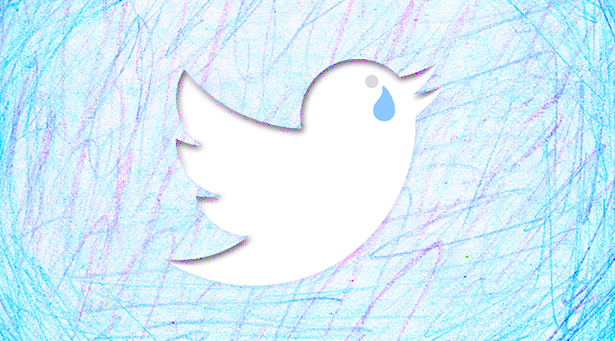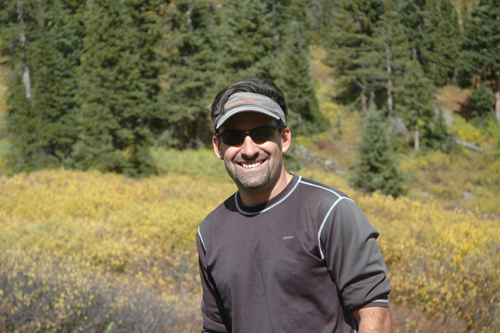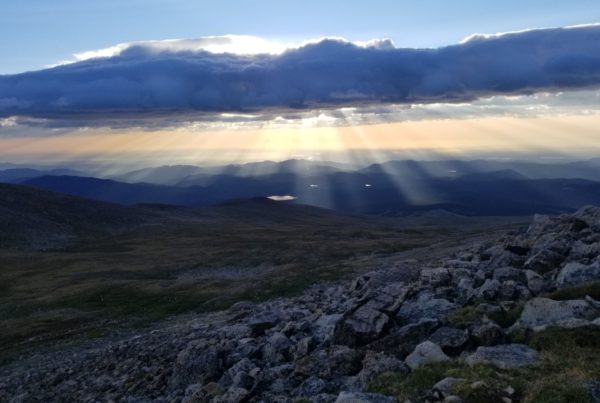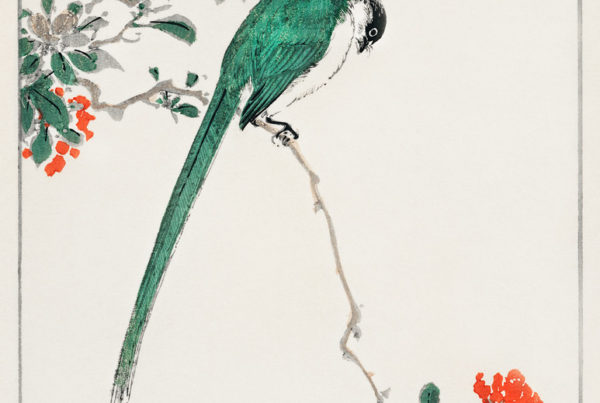Last Updated on October 28, 2013 by James Dziezynski
 It is odd that I’ve spent the last seven years working in an industry that didn’t even exist when I was in college. I’ve become an expert in SEO and search engine technology, served as the online editor for several magazines/companies and done barrels of projects involving social media. I pine for a simpler time of print magazines and phone calls, sort of, but technology evolves and thus so must I.
It is odd that I’ve spent the last seven years working in an industry that didn’t even exist when I was in college. I’ve become an expert in SEO and search engine technology, served as the online editor for several magazines/companies and done barrels of projects involving social media. I pine for a simpler time of print magazines and phone calls, sort of, but technology evolves and thus so must I.
I do like the concept of being connected and not just in a professional manner. While there have been countless articles bemoaning the narcissistic elements of social media, I actually enjoy seeing what my friends are doing. I love seeing your pets, your adventures and your witty takes on the world (maybe I’m just lucky, I have pretty entertaining friends).
But I’m not quite sure how to share your heartache. Sometimes, I don’t know how to quench my envy at your success, especially if we aren’t the closest of friends. And likewise, I don’t want to burden my friends, families and acquaintances with some sort of unreal notion of my own life.
A rather thorough article from Insight Magazine talks about the psychological implications of this new, online frontier; you can read it at Insight Online. There’s a lot in there about the “fibbers” of the Internet, people who portray their lives in a much more fanciful light than their reality. I count myself lucky in that a majority of my friends online are fairly accurate representations of their non-virtual selves. I tend not to doubt the sincerity of a majority of my virtual connections.
Where it gets tricky is when the virtual world gets real.
I can’t help but be affected when I read of the loss of a loved pet, or a loved human, or even a loved situation. I’m forced to confront difficult and challenging emotions in the solitude of my own office, trying to muster the same indifference I need to equip myself when watching the evening news. As adults, we are mostly immunized to the real suffering of strangers because frankly, we have to be. But those people in my newsfeed aren’t strangers.
There’s an entire package of difficult messages to digest. As an animal rights advocate and vegetarian, I have to scroll through gruesome photos of animal cruelty posted by well-meaning but heavy-handed animal loving friends. I have to shake my head at powerfully ignorant viewpoints on science, the environment, gun violence and other seemingly self-evident problems from smart people that I know, like and respect. There are political and religious discussions, some well-informed and worth reading, others brimming with anger, bias and self-righteousness. And I know along the way, I’ve been guilty of posting similarly incisive and polarizing content.
Back to those hard to read messages — they always jolt me. There they sit, wedged between harmless cartoons, adorable cat photos and knuckle-headed sports opinions. I have to imagine that they are impacting my inner workings.
What I can’t say is if I’m more prone to their effects because I work as a writer. I don’t say this from an arrogant, artistic point of view. As a writer, it is one’s job to absorb, notice, digest and translate the happenings of the world into cohesive copy. I do think that writers by nature are sensitive to the world in a somewhat exclusive way ala the “swimmer’s body” myth, i.e. swimmers have great bodies because they swim so much when in reality, the facts say they swim because they have great bodies for swimming. Likewise, I think writers and artists aren’t more sensitive because they are writers, they are writers and artists because they are more sensitive.
During a recent 3-week trip to Japan, I was mostly cut off from social media. There was an obvious lightening of the spirit while disconnected. It was very noticeable upon my return how quickly those inevitably burdensome, undigested emotions returned with each glance at my social media feeds.
I wish I had some sort of therapeutic solution but I don’t. I see the value in tuning out, but that denies me the joy and connectedness of my friends and family. It would be harsh to equip the same filter of indifference towards the woes of the world for the people I genuinely care about. The only thing I can think to do is monitor my own negative messages and try to confront each instance of affecting disclosures with a decisive judgment: to care or not to care. If I care, I need to engage or at least acknowledge. If I don’t I need to let it go without second thought.
Social media is really a super-condensed version of situations that that elicit life skills, presented in a scrolling, endless format. Remaining engaged is still the better option, despite the heavy impact of certain posts. There are wise opinions, interesting facts and important life milestones waiting in my media feeds every day. But I do hope I will be granted some leeway when I need to step away for a while; even the greatest consumer of social media can only digest so much.




